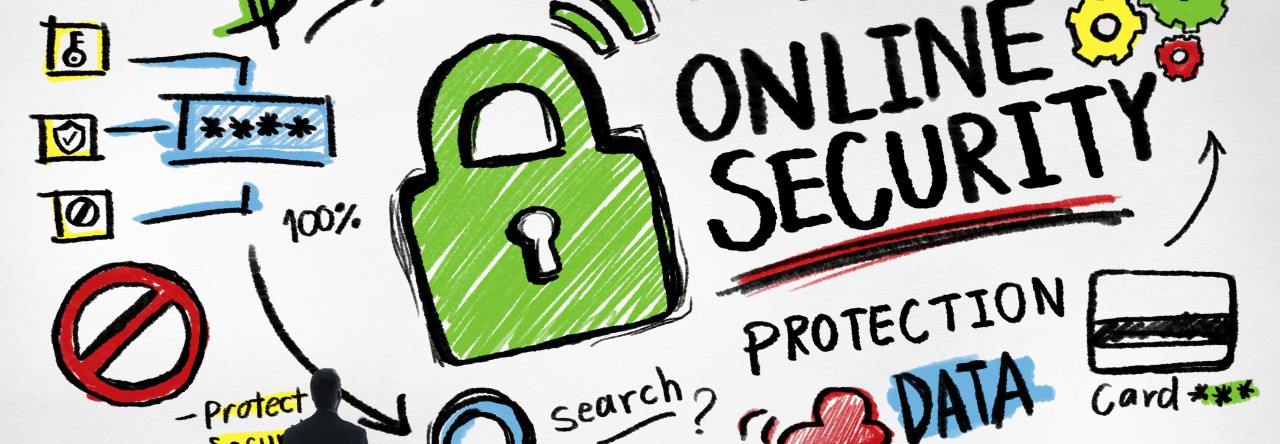Over the last few months there has been a lively debate on the role of the Data Protection Officer and of those working in the field of privacy and data protection, as well as on whether they must be certified.
In Italy, in addition to some proprietary schemes concerning the DPO, such as the CEPAS/Bureau Veritas one, the Italian Standardisation Organization UNI -Ente nazionale italiano di unificazione is working in order to establish a technical standard UNI/UNINFO “Non-regulated professional activities – Professional profiles related to Personal Data Processing and Protection – Requirements for knowledge, skills, competence” which defines profiles and skills of professionals working in the field of Personal Data Processing and Personal Data Protection.
In Spain, the Spanish Data Protection and Privacy Authority Agencia Española de Protección de Datos (AEPD) presented a certification scheme for Data Protection Officers, developed together with the Spanish National Standardisation Body ENAC.
Even if the participation in these schemes is and will be voluntary, they are seen as a point of reference providing the market with the minimum contents and information that a certification process shall have in order to be a guarantee of the professional qualifications and skills of the Data Protection Officers of the future.
Nevertheless, the DPO role should be seen at an EU-level and for this reason companies expect requirements and qualifications to be uniform in all the EU Members States without any different national schemes, this being at odds with the spirit of the reform.
As the WP29 (which will be called in the future European Data Protection Board EDPB) shall ensure a coherent application of the Privacy Regulation (EU) 2016/679, so we can hope that the European Committee for Standardisation in cooperation with the EDPB develops a standard EN on the Data Protection Officers.
As a matter of fact, I remember that the standards EN have to be transposed by the CEN Member States and in Italy their abbreviation becomes UNI EN. The purpose of these rules is to standardise the technical regulations all over Europe, and the existence of national rules which are not consistent with these standards is therefore not allowed.
The formalisation of a standard EN would hence be an effective vehicle to standardise criteria, qualifications and skills of the Data Protection Officers and of those working with them in this field at European level: the same philosophy of the General Data Protection Regulation GDPR.
Matteo Colombo
Labor Project srl

